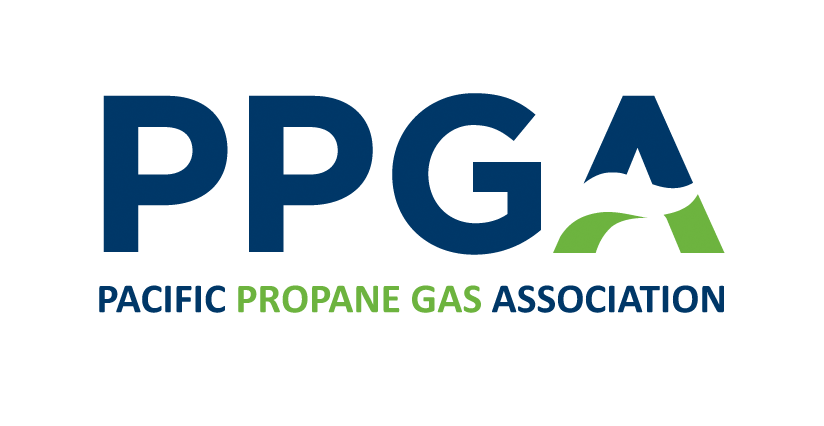Propane is Easier on Mechanics
When you’re adding a new fuel to your fleet, you already have a list of needs in mind: getting the right vehicles, finding fuel that fits the budget. But it’s also important to consider how maintenance will affect your overall productivity and costs.
Propane is proven to drive the lowest total cost-of-ownership for fleets of any fuel. It’s due in large part to low maintenance and infrastructure costs, including those for garaging and maintenance facilities.
KEEP YOUR MAINTENANCE COSTS IN CHECK
Compared with diesel, gasoline, and electric fleet vehicles, propane autogas saves more money on maintenance in more efficient ways.
Versus Diesel
Propane autogas engines require less oil by volume than diesel engines, saving you in preventative maintenance costs at every service interval over the life of the vehicle. They also don’t require the same costly diesel emissions fluids (DEF) and diesel particulate filters (DPF) to run clean. DPFs must be cleaned every 200,000 miles, and if yours need cleaning more often, it could cost tens of thousands of dollars for a cleaning machine or mechanic fees.
Versus Gasoline
With gasoline vehicles, there’s a risk of fuel degradation and accelerated wear of engine components — both of which can hit your budget hard. Propane autogas also has fewer residual contaminants in the oil that can damage engines, and there’s less carbon build-up on the valves (unavoidable with gasoline engines).
Versus Electricity
Many fleets looking to reduce their emissions are considering electric fleet vehicles as a solution. Recharging stations, however, could be cost prohibitive. The cost to maintain the infrastructure for 10 EV buses could be an estimated $5,000-$20,000 — for a small propane autogas station supporting 10 buses, annual maintenance is an estimated $2,500* . Propane autogas delivers low-emissions performance that fits your budget.
Make Winter Maintenance Easier
When the temperatures plummet, costs rise for diesel fleets. Once you account for fuel conditioners to prevent fuel gelling, engine block heaters, and a crew of workers for early starts, diesel is an expensive fuel in the winter. What’s even more frustrating for fleet managers is that, despite their extra effort, there’s no guarantee their vehicles will start in frigid weather. Propane autogas is a solid performer during even the coldest winters. It doesn’t require fuel conditioners or engine block heaters to operate reliably, either. So, for businesses and schools with propane autogas vehicles, a cold winter morning is just another day on the job.
Reduce Expensive Downtime
A vehicle that’s stuck in the shop isn’t making your business money or staying productive. Propane autogas keeps your fleet on the road with simplified maintenance. Tier 4 diesel trucks have complex emissions systems, which are a frequent cause of costly, unexpected downtime. In a 2019 issue of Fleet Maintenance, 75 percent of fleet owners surveyed said the average downtime for DPF-related repairs was at least one full workday. The most common issues: face plugging, filter overloading, and thermo cracking. DEF causes more maintenance headaches. While it’s required to reduce emissions, it necessitates constant monitoring by the driver to ensure proper emissions levels are maintained to remain compliant — or risk impacting vehicle performance and unexpected repairs. Fleets can avoid these pitfalls with propane autogas, a fuel that meets (or exceeds) emissions standards without the aid of expensive, problematic fluids and filters.
Improve Operations Without Upending Your Routine
Transitioning to propane autogas is virtually seamless for maintenance crews. All vehicle solution providers supply training to your service technicians. New liquid propane fuel injection engines also look similar to gasoline engines and require similar equipment for maintenance, diagnosis, and repairs, so your technicians will feel like they’re working in familiar territory. Time and time again, fleets that adopt propane autogas vehicles report only positive changes to their day-to-day. Technicians enjoy not having to deal with fuel leaks and spills, work areas stay cleaner, and they don’t go home smelling like gasoline or diesel. Other alternative fuels may require you to modify facilities with additional gas detection or ventilation equipment, costing you more money to make the switch. But with propane autogas, you likely won’t need to modify your maintenance and garaging facilities, as long as your existing buildings are code compliant for diesel and gasoline. Check with your local Authority Having Jurisdiction (AHJ) for questions about your particular facility

